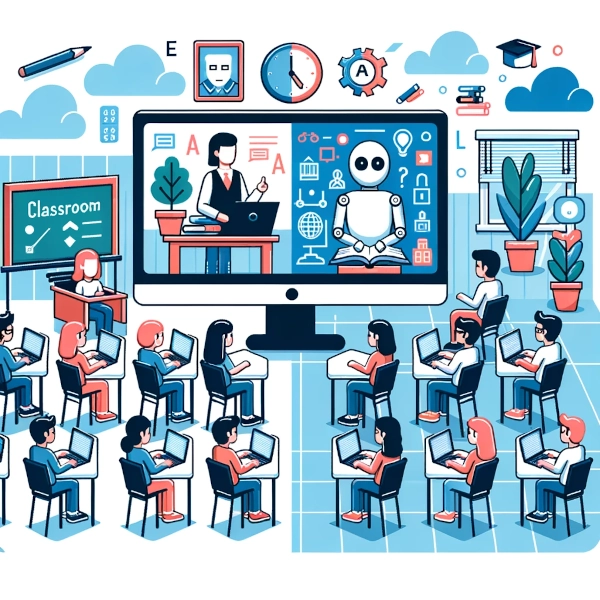Higher education stands at a crossroads, shaped by historical trends, technological advances, financial pressures, and societal shifts. As we gaze into the future, it is essential to assess potential trajectories and the role of the present academic structure in shaping them.
The Legacy of the Present Academic Structure
The academicians of today, products of the evolving education system, might inadvertently perpetuate some challenges. Influenced by corporatization, commoditization, and a focus on job-ready skills, there is a potential narrowing of the vision of education. The depth and essence of holistic education may be at risk as academicians prioritize research grants, publications, and industry partnerships over transformative pedagogy. The former are results of the desire for improve branding while institutions are to compete for market presence.
The Indispensable Role of the ‘Old Guard’
The ‘old guard,’ seasoned academicians who have witnessed the changes in higher education, are invaluable. Their grounding in foundational principles, coupled with an understanding of contemporary challenges, makes them unique inter-generational bridges between the classical and the modern. By actively engaging in mentorship and leadership, they can guide younger academicians and newer institutions, ensuring that innovation is embraced without compromising the core ethos of universities.
The future of higher education calls for a delicate balance between innovation and tradition. While the wheel of education has evolved, it does not necessitate complete reinvention. The synthesis of the old and new can lead to a balanced, holistic, and future-ready educational system. Institutions must facilitate this dialogue and integration to ensure the legacy of true education continues undiluted.
What might the Future Hold for Higher Education?
Here are but a few thoughts…
Renaissance of Classical Education
Universities pivot back to their classical roots, emphasizing critical thinking, philosophy, arts, and humanities. As AI and automation take over rote tasks, there is a renewed focus on fostering creativity, ethics, and human-centric values. Institutions become centers for intellectual and moral discourse, preparing students for an inherently unpredictable world. Academic administration follows these currents where governance reverts back to the faculty distancing itself from corporate priorities.
Decentralized Digital Campuses
The feasibility of online education, highlighted by the pandemic, leads to a shift from physical to digital campuses. Advanced AI tutors offer personalized learning, making education more accessible globally. The role of educators evolves from information sources to facilitators of exploration.
Corporate-University Hybrid Institutions
Universities and corporations form symbiotic partnerships, blurring the lines between education and employment. Students work on real-world projects, merging academic knowledge with practical experience. However, there is a risk of prioritizing profit over pedagogy which de-emphasizes the enlightenment of the citizenry at the peril of social, political, and economic polarization.
Lifelong Modular Learning
The fixed university education concept becomes obsolete. Individuals engage in continuous, modular courses, updating their skills and knowledge. AI systems curate courses, dissolving the traditional age-bound cohort system and fostering diverse perspectives.
What will eventually unfold is most likely none of these scenarios, but a kaleidoscope of different modalities. Fundamental components such as quality assurance, accreditation, and the strategic allocation of resources all become formidable tasks that require careful re-think.

